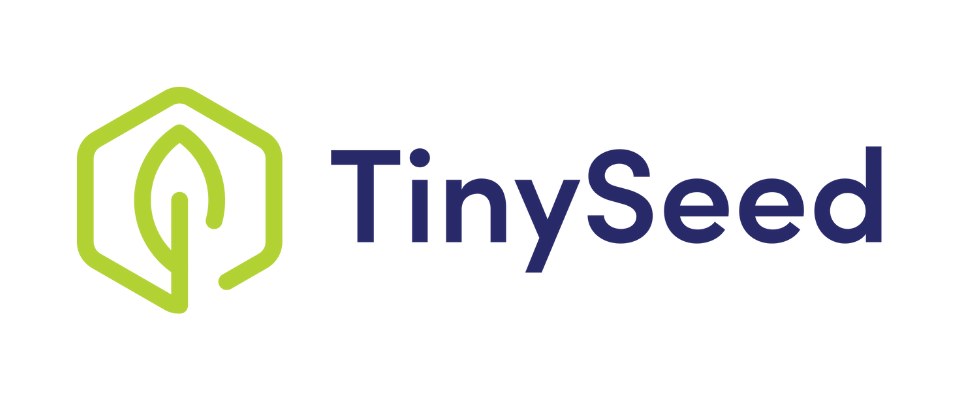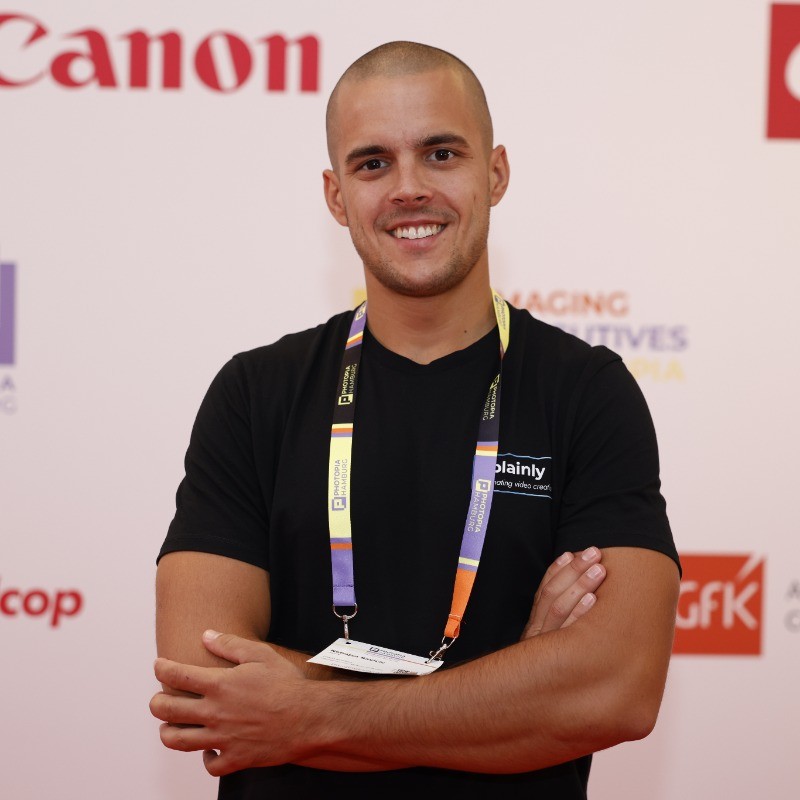Meet Nebojsa Savicic from Plainly
Q: Can you introduce yourself and your startup?
A: I’m Neb, one of the co-founders of Plainly, a software designed for automated video creation. Our platform enables businesses to generate video templates in Adobe After Effects, upload them to Plainly, and then produce as many variations of that template as needed automatically. This tool is especially useful for e-commerce platforms that require a large number of ads. Users can create a video template, upload it, and then automate the creation of unique videos by feeding in data for different products through CSV, API, or one-click integrations with tools like Google Sheets. Our technology facilitates the production of millions of unique videos automatically.
Q: What inspired you to start this project?
A: My journey began as a motion designer, where I frequently encountered the need to produce videos manually. The idea for Plainly emerged from the desire to automate this process. Alongside my co-founders, Daniel and Ivan, we initially developed Plainly as a classic online video creation tool. Over time, we evolved the product into an API-driven platform, catering to high-volume use cases. Now, our clients can generate thousands of videos per day, something that would be impossible to achieve manually. This shift has significantly streamlined the video production process for businesses requiring large-scale video content creation.
Choosing TinySeed as Their Accelerator
Q: Why did you choose TinySeed as your accelerator, and what was their role in your decision?
A: All of us, the founders, have a bootstrap mentality. We’re not the typical VC-oriented entrepreneurs; we value bootstrapping. TinySeed appealed to us because it aligned with our philosophy. For us, the financial aspect wasn’t the primary focus. It was more about the learning opportunities and integrating into a supportive ecosystem. TinySeed ticked all the right boxes for us, matching our philosophy perfectly. We saw value in their approach to education and the ecosystem, which is why we decided to go with them, and it has indeed paid off. They were exactly what we were looking for.
How a Founder Gets In
Q: How did you find the application process to TinySeed?
A: The application process was remarkably quick and straightforward. It took about a month from filling out the application to getting the confirmation that we were accepted. It involved a simple form and a couple of discussions, and then it was a clear yes or no. There wasn’t a need for extensive preparation. TinySeed focused on understanding our company and vision, which led to our successful admission into the accelerator. They made the process efficient and accessible, allowing us to focus on our strengths and potential.
Understanding TinySeed’s Funding Approach
Q: Does TinySeed provide funding to startups upon acceptance?
A: Yes, TinySeed does offer funding to startups that get accepted into their program. The details about the investment terms are publicly available on their website. While I prefer not to disclose the specific amount we received, I can confirm that TinySeed typically offers between $120,000 and $220,000 as a pre-seed investment to startups. This investment comes in exchange for equity, with the terms also being public information. The equity percentage is usually between 10% and 12%, but I recommend checking TinySeed’s website for the exact numbers and conditions.
The TinySeed Program Experience
Q: Can you describe your experience with the TinySeed program once you were accepted?
A: The TinySeed program is genuinely remarkable. Upon acceptance, startups are grouped into batches based on geographic location, like the US and EMEA, and the time of year, summer and fall batches, totaling four startup groups annually. The program begins with an annual retreat, which is an incredible experience. For instance, we went to Malta right before the MicroConf conference. This retreat includes workshops, masterminds, and various interactive sessions over a few days, followed by the conference itself. It’s about five to six days of engaging with like-minded individuals, which is especially beneficial for those from areas with a less vibrant startup ecosystem, like Serbia in my case. Meeting others facing similar challenges is both refreshing and inspirational.
The program offers numerous tactical workshops and talks that are directly applicable to startups. They avoid theoretical fluff in favor of actionable advice and strategies that you can immediately implement in your business.
Q: What aspect of the TinySeed program stood out the most to you?
A: While it might sound cliché, the community aspect of TinySeed truly stands out. The sense of community is tangible, with a Slack channel where you can ask questions and almost always find answers. If not, someone will step in to help. Beyond the formal parts of the program, it’s about making friends and meeting colleagues who can relate to your journey. This network of support and shared experience is invaluable.
Q: Is there anything about the TinySeed program that you believe could be improved?
A: Honestly, I haven’t identified a specific aspect that needs improvement. The program has been so beneficial in its current form that I haven’t spent time considering its potential weaknesses.
Insights on TinySeed’s Mentorship
Q: How effective were the mentors in TinySeed, and were they relevant to your field?
A: The mentors within TinySeed were genuinely impactful. You have the opportunity to see who the mentors are and request talks with them. Beyond requested talks, some mentors give talks on their own, sharing their real-world startup journey experiences. These aren’t just consultants without practical experience; they’re individuals who have navigated the startup path themselves. This practicality ensures the advice is not only relevant but also immediately applicable, reinforcing the program’s focus on actionable insights.
Q: Was there any expectation of compensation by mentors for their advice?
A: No, there wasn’t any expectation of compensation from the mentors for their advice. The mentorship and guidance provided are all part of the program, with no hidden terms where mentors expect a stake in the company for their advice. The structure is transparent and founder-friendly, emphasizing a non-shady approach to mentorship.
Post-Accelerator Relationship and Support
Q: How has your relationship with TinySeed evolved post-program?
A: The relationship has remained consistent even after the program concluded. I’m active on the Slack channel daily, engaging with the community. This ongoing interaction reinforces the sustained support and accessibility of the TinySeed network.
Q: Have TinySeed facilitated introductions to VCs or angel investors post-program?
A: While we haven’t sought out introductions to VCs or angel investors, TinySeed offers a syndicate for those looking to raise more funds after completing the program. This option is akin to engaging with a VC firm, providing a pathway for additional investment opportunities if desired.
Final Advice for Aspiring Accelerator Applicants
Q: Do you have any advice for startups considering applying to TinySeed or other accelerators?
A: My primary advice is simply to go for it. Applying doesn’t lock you into a commitment; it’s a step toward evaluating whether an accelerator is the right fit for your startup. This period between applying and potentially being accepted can offer valuable clarity on whether it’s the right path for you. And if you do get accepted, my advice is to fully engage with the resources available, especially community platforms like Slack. Many participants may hold back from asking questions or fully utilizing these resources, but there’s an invaluable insight to be gained that you can’t find elsewhere. It’s akin to directly consulting with a more experienced founder, getting advice tailored to your specific situation. So, apply, and if you’re accepted, dive deep into the community and resources offered.


